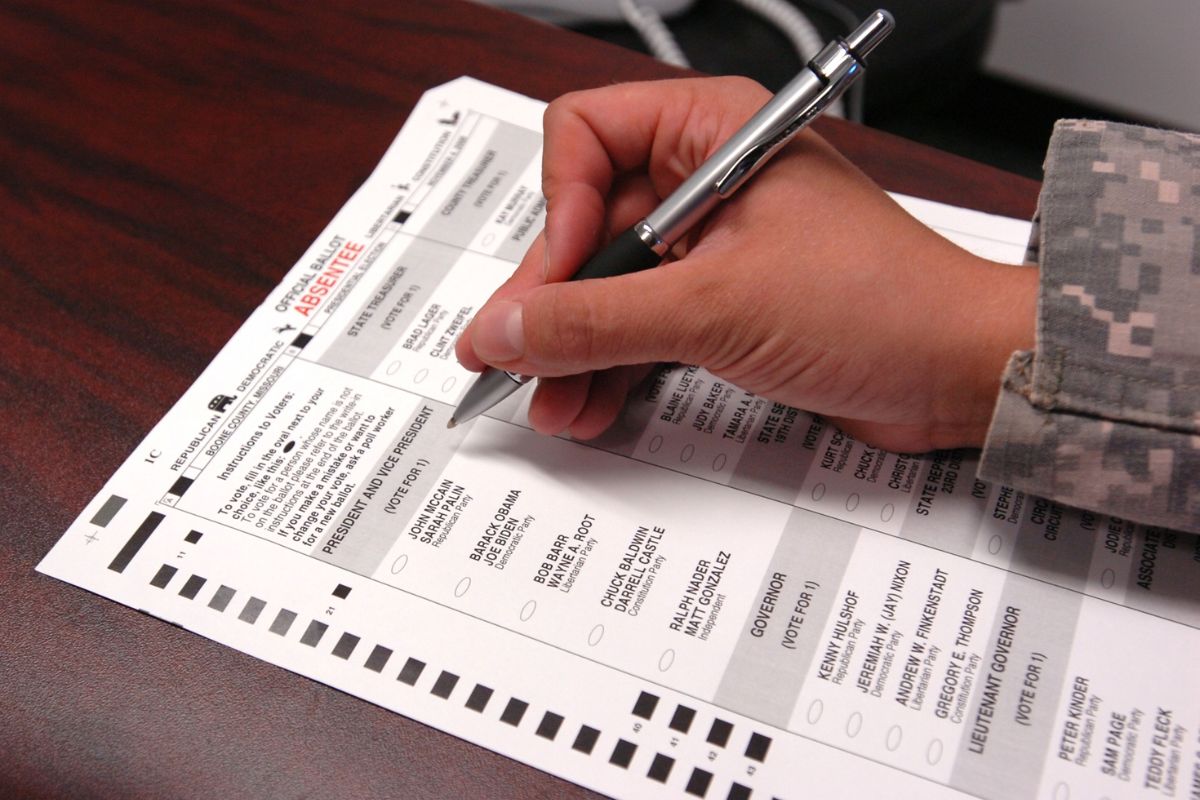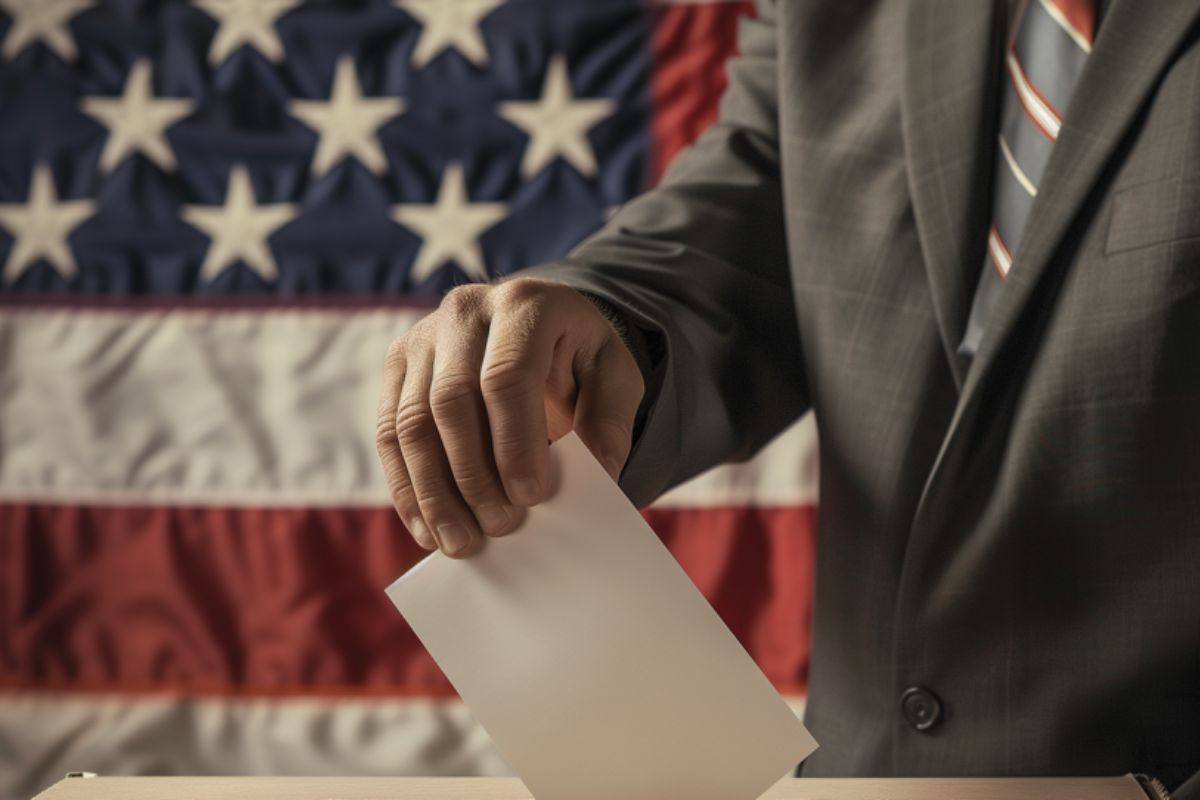Lawsuit Challenges Alabama Law on Absentee: A lawsuit has been filed against Alabama officials challenging the constitutionality of SB 1, led by groups like the ACLU and Southern Poverty Law Center. SB 1 introduces strict rules on absentee voting, including prohibiting the collection of absentee ballots by non-relatives.
Critics argue that this law restricts voter access and penalizes initiatives aimed at enhancing voter participation. The legal action aims to halt the enforcement of SB 1, citing concerns over its impact on democratic participation. The lawsuit highlights disparities affecting marginalized communities and raises constitutional concerns. Learn more about the details of this critical legal battle.
Lawsuit Filed Against Alabama Officials Over SB 1
A lawsuit has been filed against Alabama officials, including Attorney General Steve Marshall, the state’s 42 District Attorneys, and Secretary of State Wes Allen, challenging the constitutionality of Senate Bill 1 (SB 1).
This legal action, led by advocacy groups such as the ACLU and the Southern Poverty Law Center, seeks to halt the enforcement of SB 1, which has sparked controversy for its perceived restrictions on measures intended to expand voting access. Critics of SB 1 argue that the law unfairly penalizes initiatives designed to facilitate absentee voting and other mechanisms aimed at enhancing voter participation.
The plaintiffs in the lawsuit contend that SB 1 infringes upon citizens’ rights to engage in the electoral process freely and without undue hindrances. As the legal proceedings unfold, the outcome of this case could have significant implications for voting rights and access in Alabama, shaping the landscape of future elections in the state.

ALSO READ: Alabama Bill Proposes Mental Health Substance Use Treatment
Details of Senate Bill 1 (SB 1)
Senate Bill 1 (SB 1), recently enacted in Alabama, introduces stringent regulations concerning absentee voting, criminalizing specific actions related to the handling and submission of absentee ballots.
This bill, signed into law last month, prohibits the collection or submission of absentee ballots on behalf of individuals other than close relatives. Any violation of this provision is subject to legal repercussions.
SB 1 also targets individuals who offer assistance in the absentee ballot process, with potential consequences including felony charges that carry a maximum sentence of 20 years in prison.
The law aims to regulate the absentee voting process tightly, focusing on preventing any potential misuse or tampering that could compromise the integrity of the electoral system. These strict measures underscore the state’s commitment to ensuring transparency and security in absentee voting procedures, albeit sparking controversy and legal challenges.
Arguments Against SB 1 and Legal Basis of Lawsuit
Opponents of Senate Bill 1 in Alabama have raised concerns over the potential negative impact on voter education and assistance efforts, particularly highlighting disparities affecting marginalized communities such as Black voters, elderly voters, incarcerated voters, voters with disabilities, and low-literacy voters. They argue that SB 1 suppresses voter education and assistance, violating the First and Fourteenth Amendments of the US Constitution, the Voting Rights Act, and the Help America Vote Act of 2002.
The lawsuit aims to block the enforcement of SB 1, emphasizing its detrimental effects on democratic participation and constitutional rights. By targeting specific groups, such as Black voters and those with disabilities, the law is seen as discriminatory and hindering these individuals’ ability to exercise their right to vote freely. The legal challenge against SB 1 underscores the importance of safeguarding voting rights for all citizens, especially those who are already marginalized and face barriers to participating in the democratic process.
News in Brief
The lawsuit challenging Alabama’s law on absentee voting highlights the legal concerns surrounding Senate Bill 1.
The details of SB 1 and the arguments against it provide a basis for the legal challenge against the state officials.
The outcome of this lawsuit will have significant implications for the future of absentee voting in Alabama.

